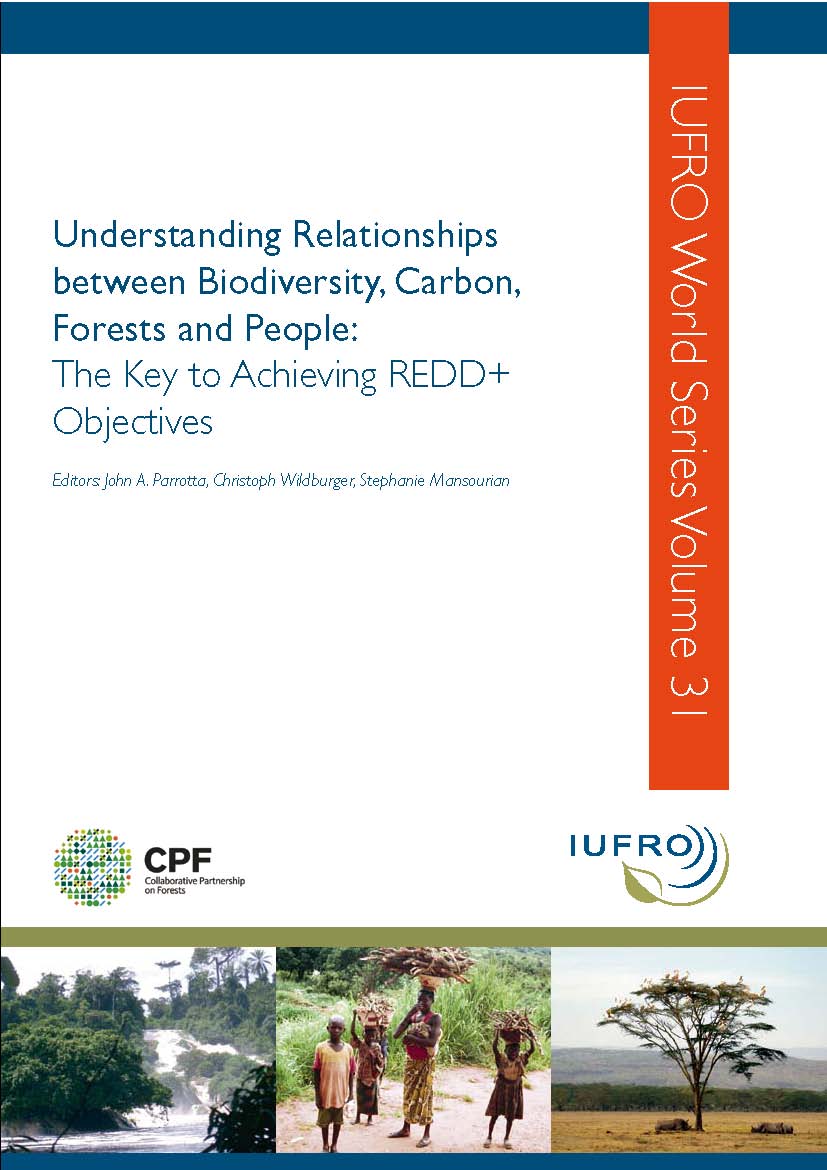Forest tenure reforms have granted smallholders and communities formal rights to land and forest resources. This article explores the various ways in which these local actors engage with timber markets in the context of such reforms. I argue that the economic benefits that communities can capture from the use of forest resources, mainly timber, are mediated by two sets of factors that are beyond the process of tenure reform. The first set of factors relate to communities' capacity to interact with other actors-intermediaries and companies-in timber markets, and the second to specific conditions of market development. Interactions between community capacity and market conditions shape the ways in which smallholders and communities engage with timber markets, thereby influencing the benefits they can obtain from commercial use of their timber forests. This article focuses on forest communities that have acquired legal tenure rights in Latin America; specifically four communities located in tropical landscapes in Bolivia, Brazil, and Nicaragua. The types of engagement revealed by the analysis should be taken into account in differentiated public policies in order to improve the outcomes of forest tenure reforms.
Download:
DOI:
https://doi.org/10.4103/0972-4923.97484
Skor altmetrik:
Jumlah Kutipan Dimensi:

Tahun publikasi
2012
Penulis
Pacheco, P.
Bahasa
English
Kata kunci
community forestry, timbers, tenure rights, tenure systems, forest management, small businesses, livelihoods, governance
Geografis
Bolivia, Brazil, Nicaragua


















